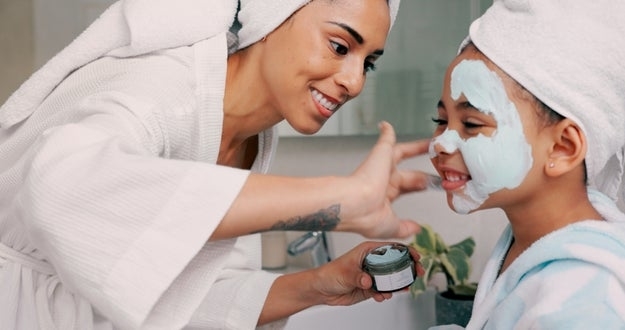Taking care of your skin starts on day one, age 0. I actually came right out of the womb with eczema. It's the biggest pain I've ever dealt with when it comes to my skin. I basically skipped the whole acne nonsense because, I suppose, my skin decided I deserved a break.
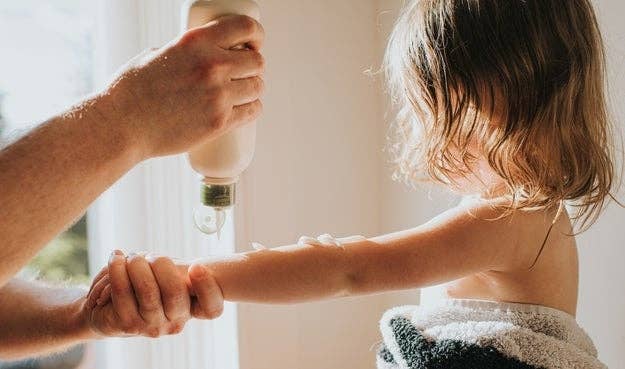
I spent years of my childhood, teenage years, and the beginning of my young adult life plagued by my severe eczema. Caring for your skin can be a lot harder and way more detrimental than you think, and it's different for everyone.
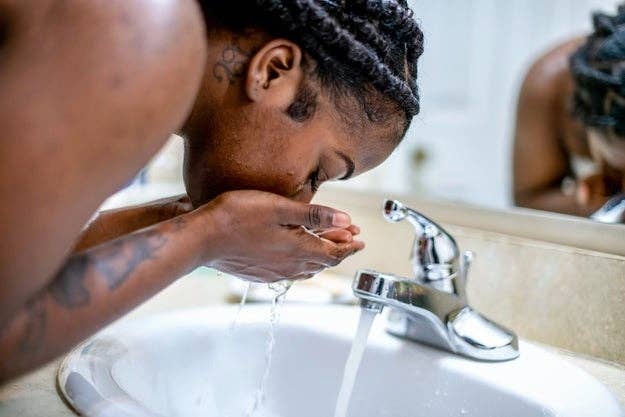
So, I spoke with a dermatologist to get some insight on how we can keep our skin healthy no matter our age, skin color, or skin conditions, and what we should start doing before 35 to benefit our skin.
Dr. Rosemarie Ingleton is a dermatologist in New York City. She was born in Jamaica, but at 16, her mother brought her to Brooklyn, NY, to continue her education. She became the first person in her family to go to college and then medical school. She now owns her own practice, Ingleton Dermatology.
After giving daily recommendations of skincare routines to her patients, she realized people were confused about what to use and were having trouble finding information they could trust online. Since opening her office, Dr. Ingleton has used social media to "educate and empower people who may not have access to a dermatologist."
I'm sure we all wish we could go back in time and firmly tell our younger selves, "Start a good skincare routine NOW." Naturally, it doesn't work like that, and we have to make it a point wherever we are in our journey to do better. Thankfully, Dr. Ingleton also told BuzzFeed a bunch of helpful ways to make sure our skin thrives.
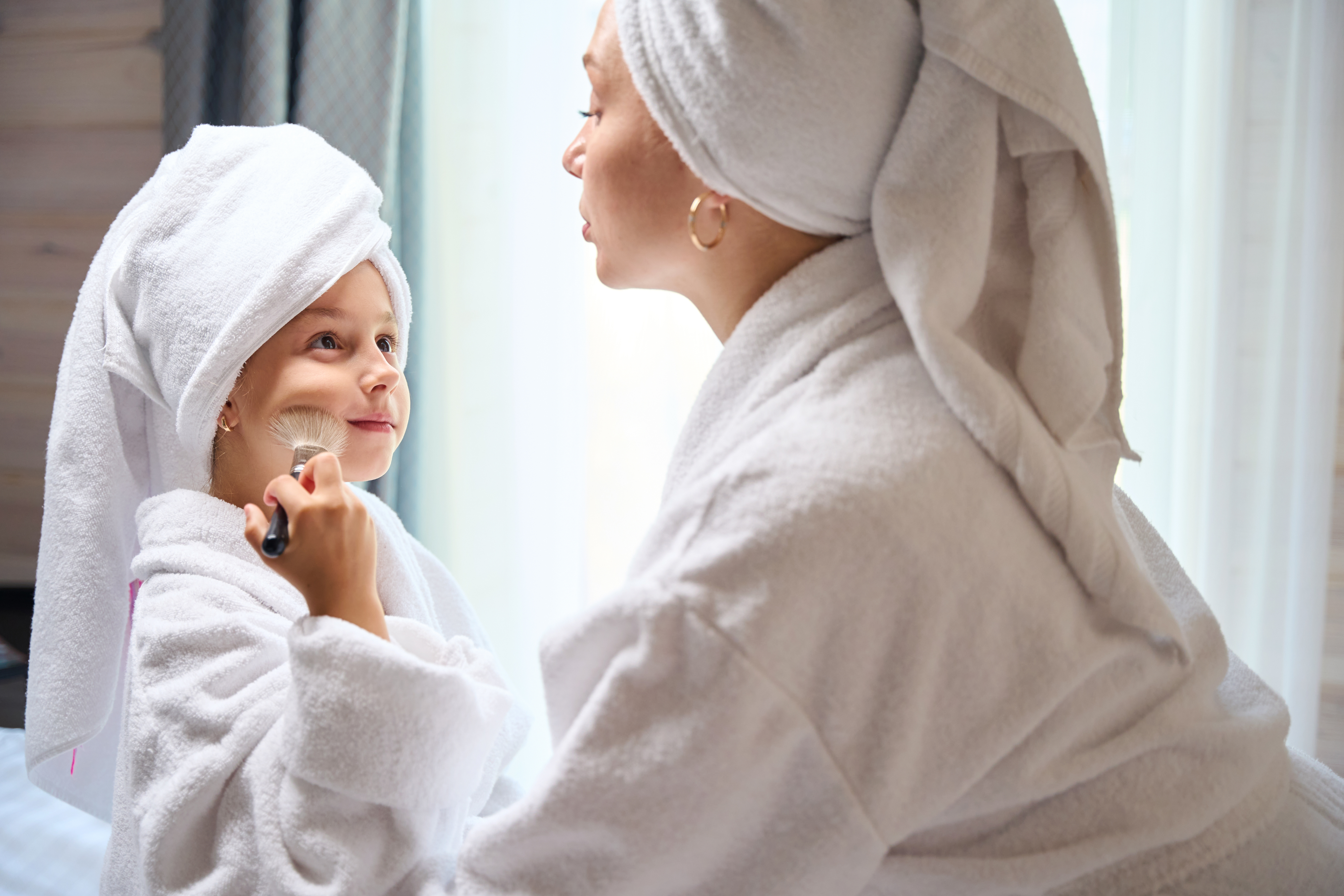
For people in their 20s (and even teenagers), there are plenty of things that we can start doing now to promote healthy skin. Dr. Ingleton told BuzzFeed, "To teenagers and those in their 20s, I usually educate about 'preventative' care for their skin. Since their skin is young and generally healthy, most of the signs of sun damage and skin aging have not yet set in."

Sun exposure (UV or radiation) is the main risk factor for melanoma, which is the most serious type of skin cancer. Long periods out in the sun overtime, combined with multitudes of severe sunburns over time, will increase your chances of developing melanoma. No matter the season, winter or summer, the sun never changes, and you still have the same chances of harmful sun exposure.
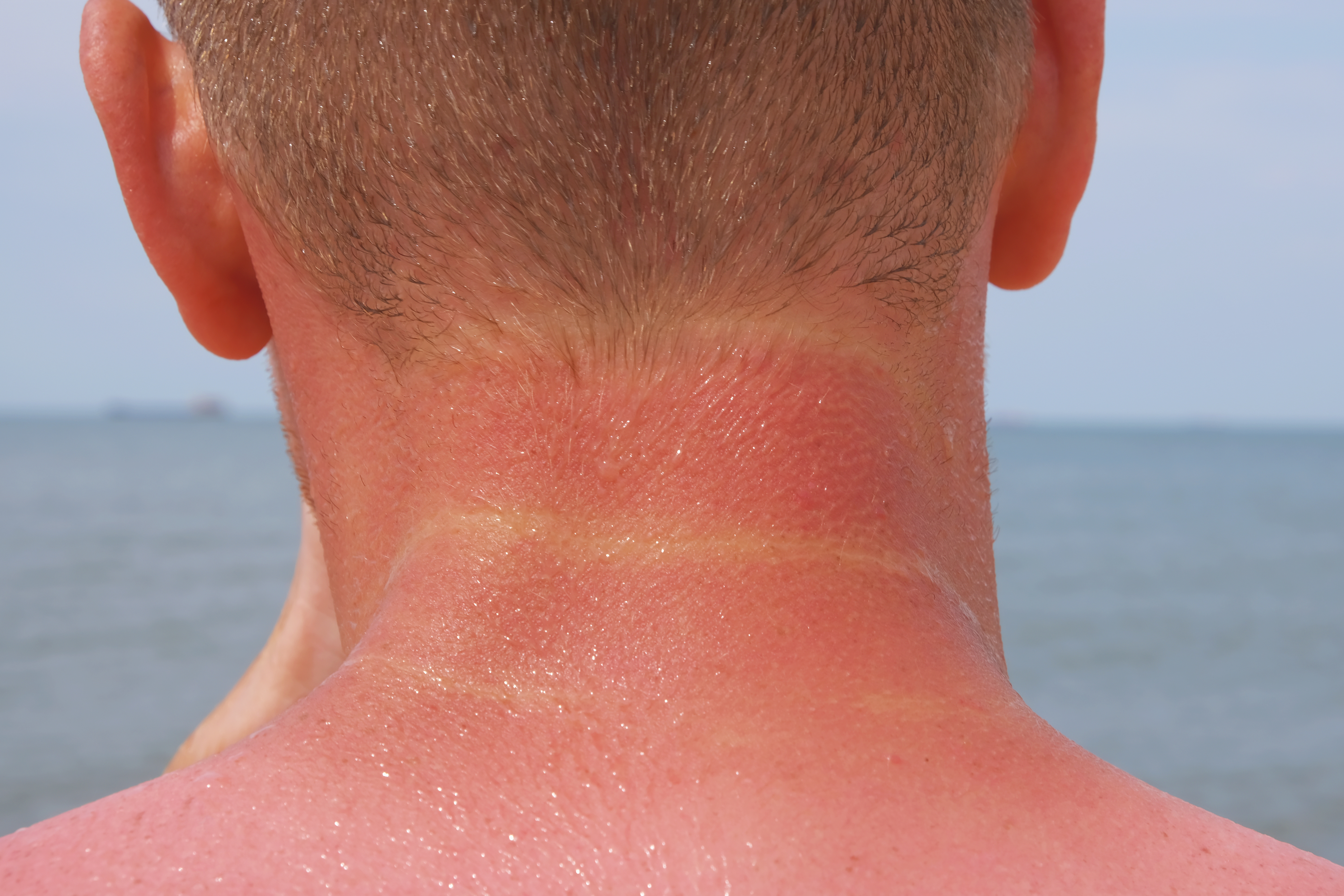
Melanoma is more common in fair-skinned people with light eyes, red or blonde hair, and whose skin burns easily. However, that doesn't mean it can't happen to people with darker skin tones. According to the American Cancer Society, the estimated survival rate for Black people with melanoma is 70%. It's a 94% survival rate for white patients.
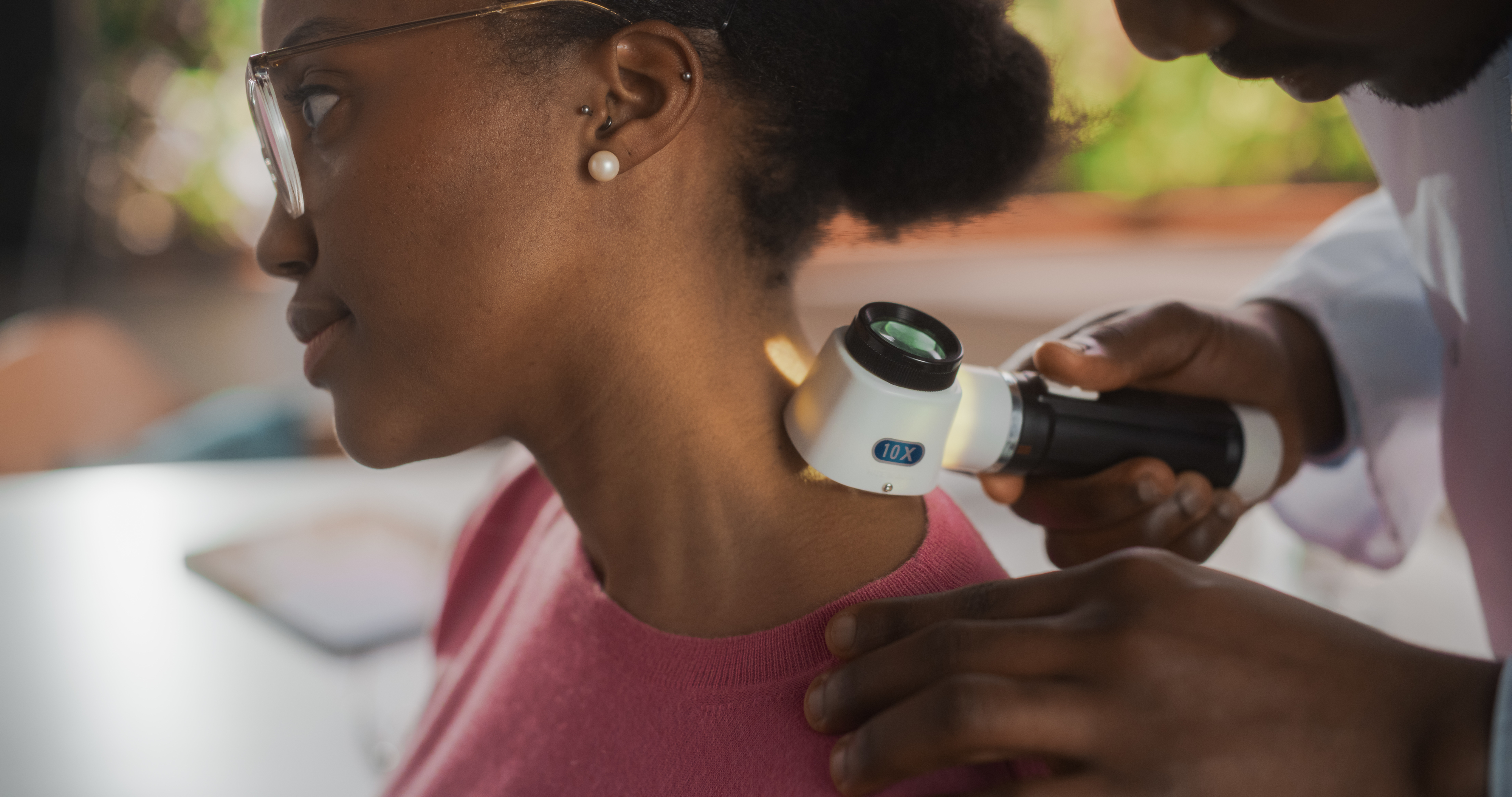
I made it a point to ask Dr. Ingleton what important advice she would give to those of us who are heavily melanated, and she said, "The most important advice that I give is that although their skin is more pigmented, their skin’s melanin is not adequate for complete sun protection. It is a sun filter, not a complete sunblock. They have to be educated about the need for daily sun protection starting at an early age, as this misconception is ingrained culturally and has to be specifically unlearned."
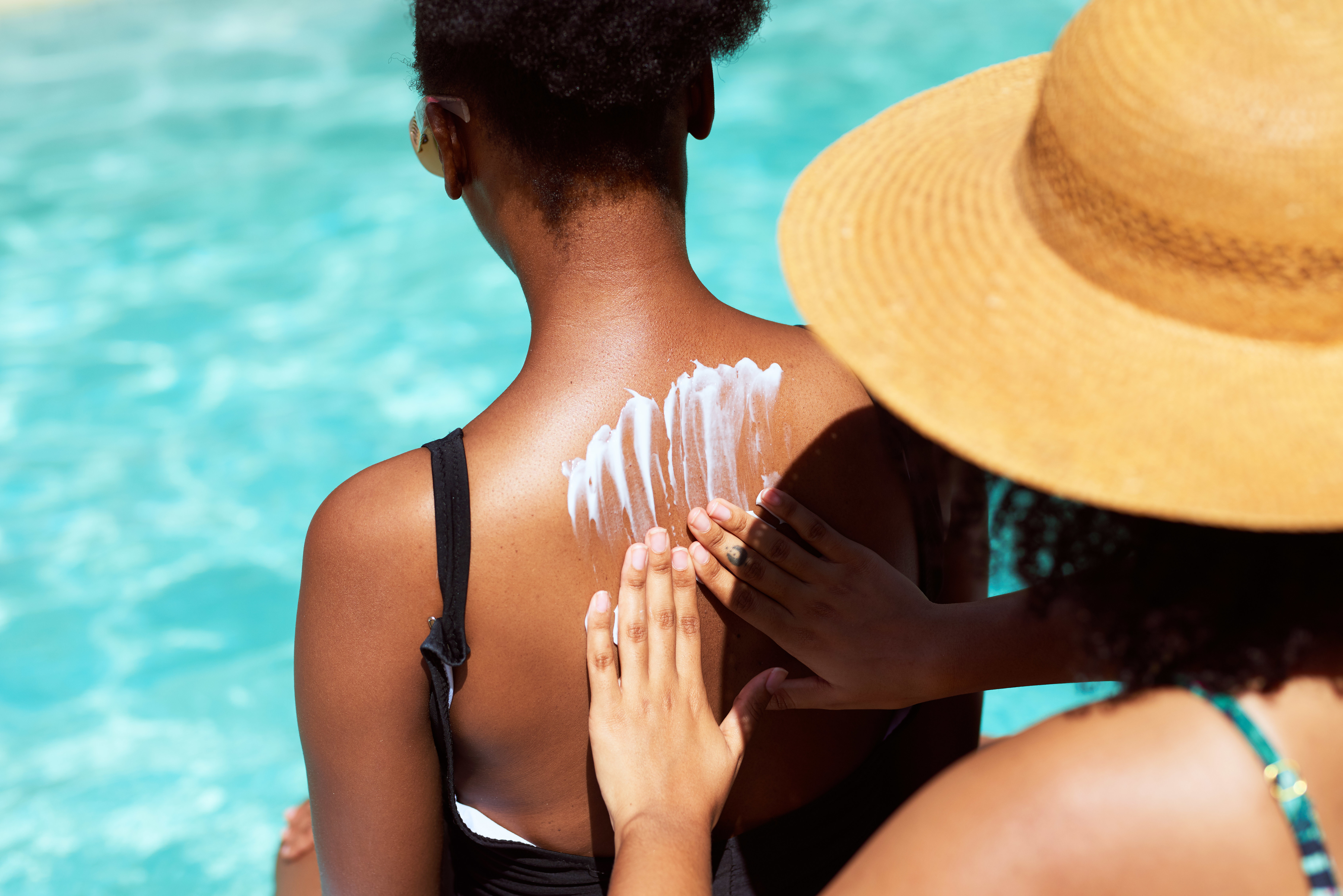
What Dr. Ingleton means by "ingrained culturally" is the stigma and confusion in melanated communities about the need for sunscreen. Melanin gives us minimal protection from the sun's harsh rays. It absorbs the UV light before it can damage the DNA of our skin cells, but that doesn't mean it combats it all. Plenty of melanated people believe their melanin is already a form of sunblock, which is false. In a 2017 study, Black and Hispanic people ages 18–44 were questioned about skin cancer.
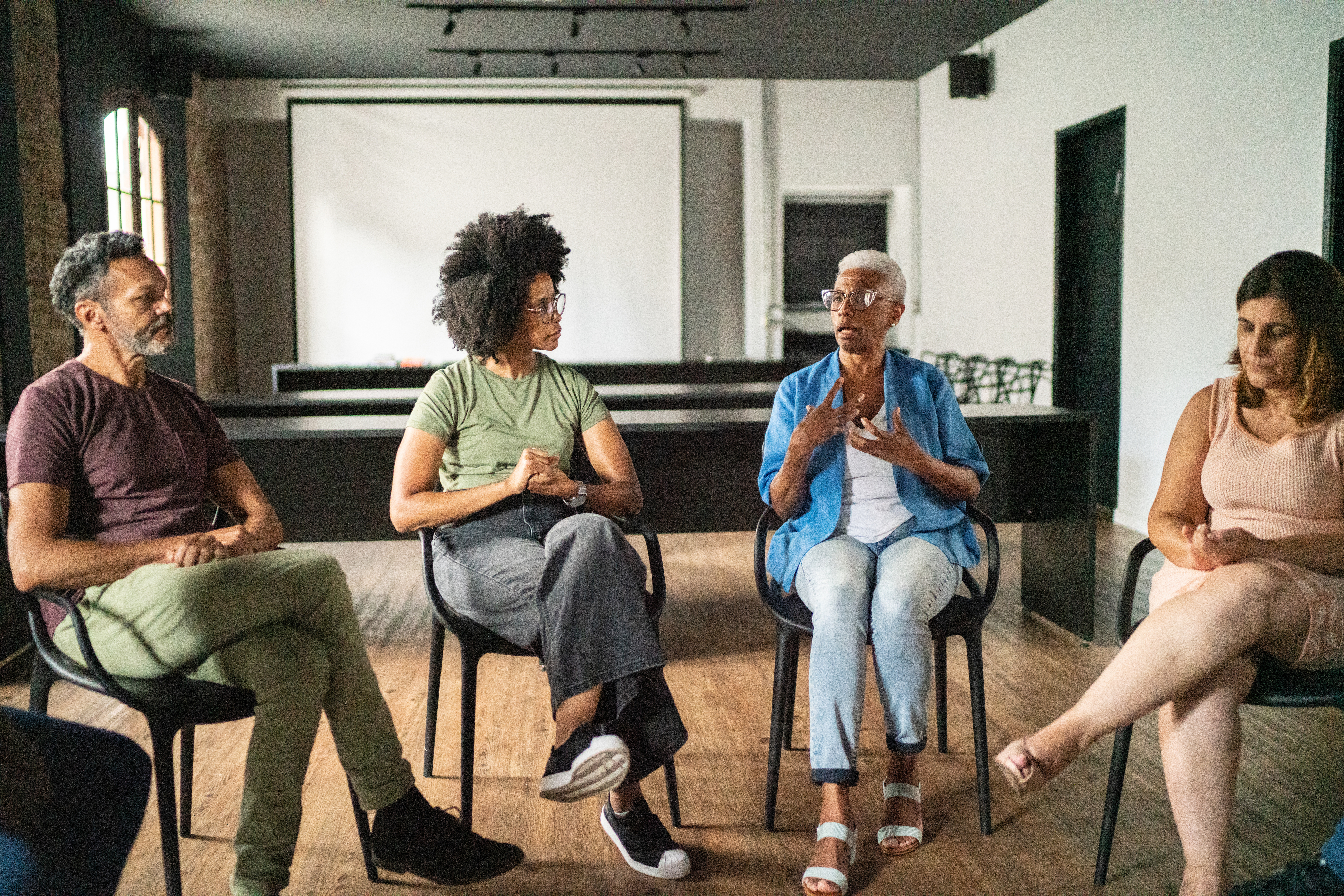
Dr. Ingleton chimed in on exactly what we can do to protect our skin from the sun and break these stigmas: "As melanated skin ages, it naturally tends to show more visible discoloration and sagging. Both of these side effects, as a result of too much unprotected sun exposure, can be reduced or prevented with judicious use of daily sun protection, starting at an early age. You’ll also want to focus your skincare routine on products that brighten and even your skin."
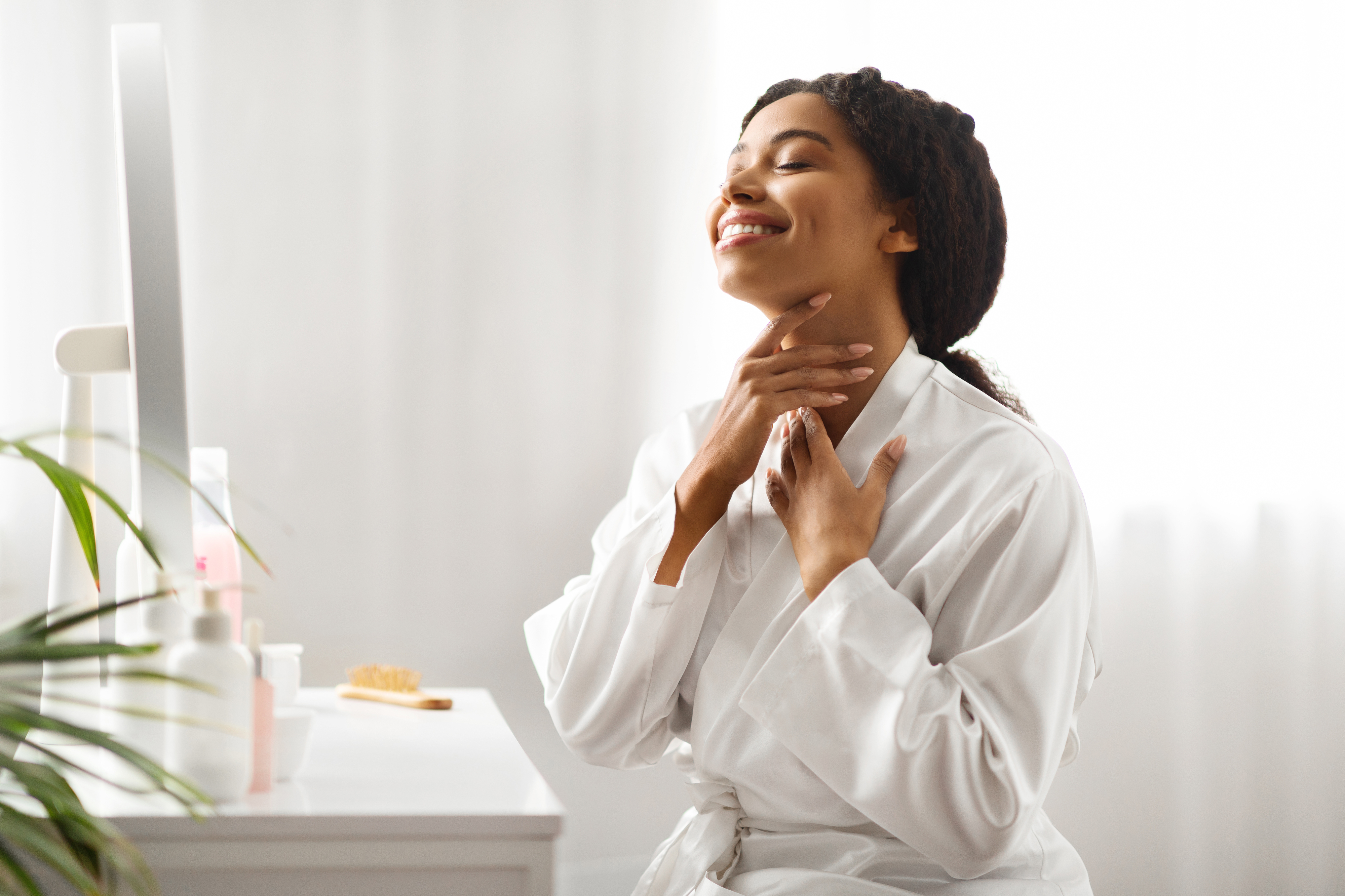
Although it's clear that everyone's skin is different and on its own path, Dr. Ingleton let us know exactly what types of products go into a universal skincare routine that she would recommend to anyone: "antioxidants (like vitamin C, vitamin E, niacinamide, CoQ10, green tea extract), retinoids (like retinol, retinal), and gentle exfoliants (AHAs, BHAs, and PHAs)."
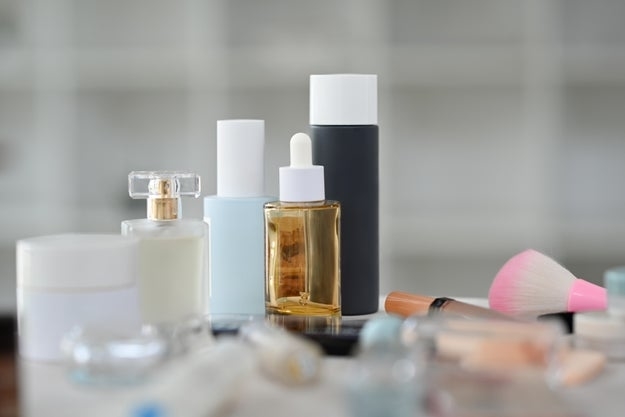
Be careful when you're starting those new products, though. Dr. Ingleton expressed that the biggest and most common mistake she sees from people trying to find the perfect product: "The biggest mistake that I see is introducing too many active ingredients at the same time..."
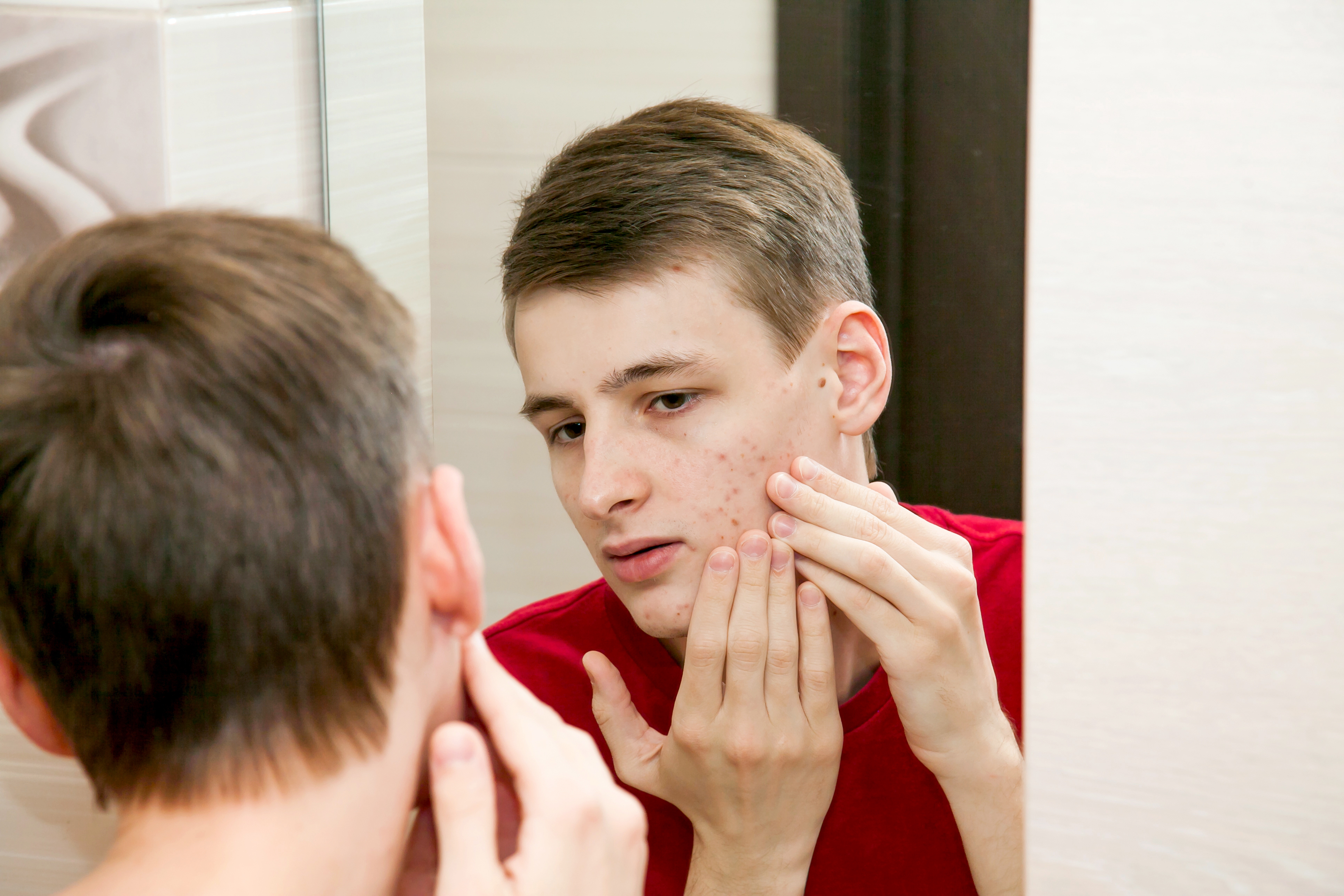
On the other hand, for the almost 900 million people in the world who are living with skin conditions at any given time, she gave this specific advice when it comes to trying new products: "I usually advise that they not introduce treatment products when their underlying skin condition (eczema, psoriasis, rosacea) is flaring, unless instructed by a dermatologist."
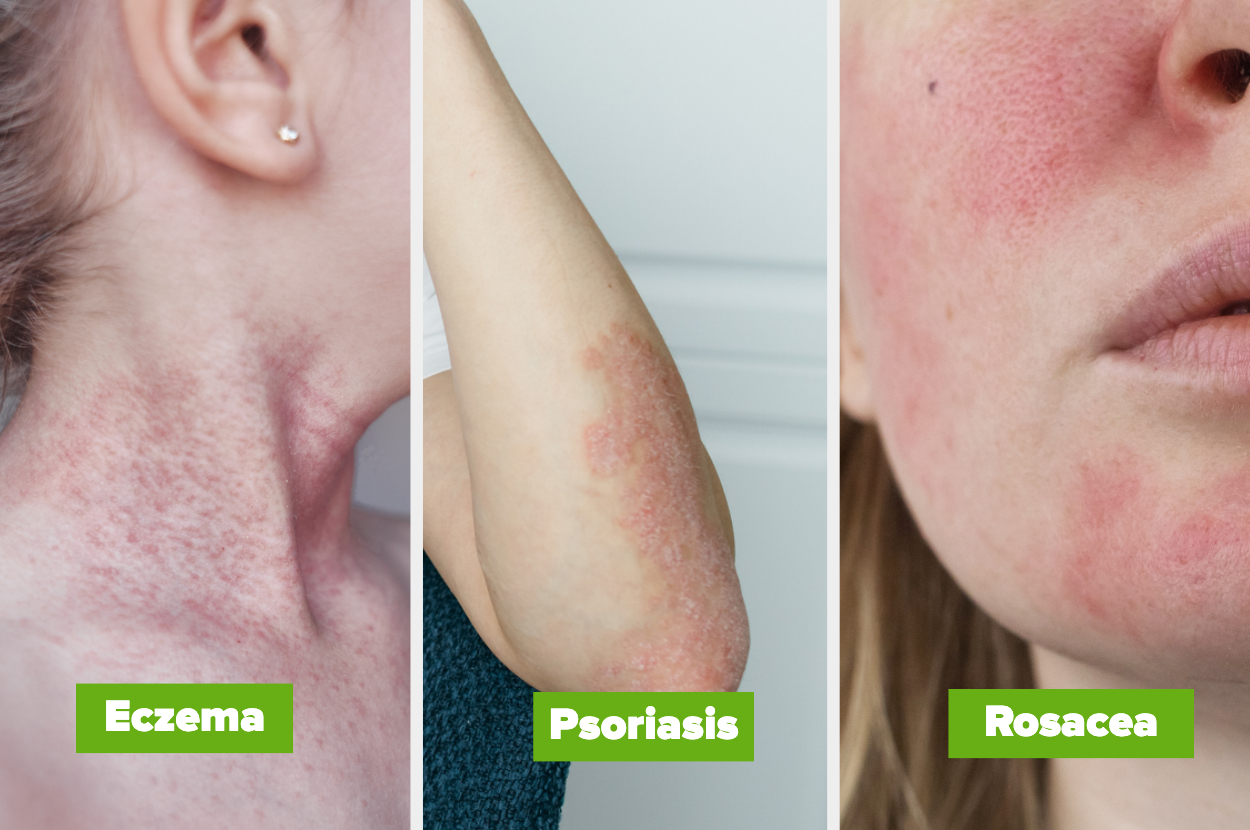
Even if you missed out on starting these routines years ago, Dr. Ingleton provided additional tips for people who are over 35. "For those in the 35+ age group, I recommend that they continue to care for their skin as advised for the younger group, but they might now start to do some 'corrective' treatments as well since the signs of skin aging and sun damage will start to become more visible in this age group. I usually recommend introducing a retinoid and products with fruit acids like glycolic acid in this age group."
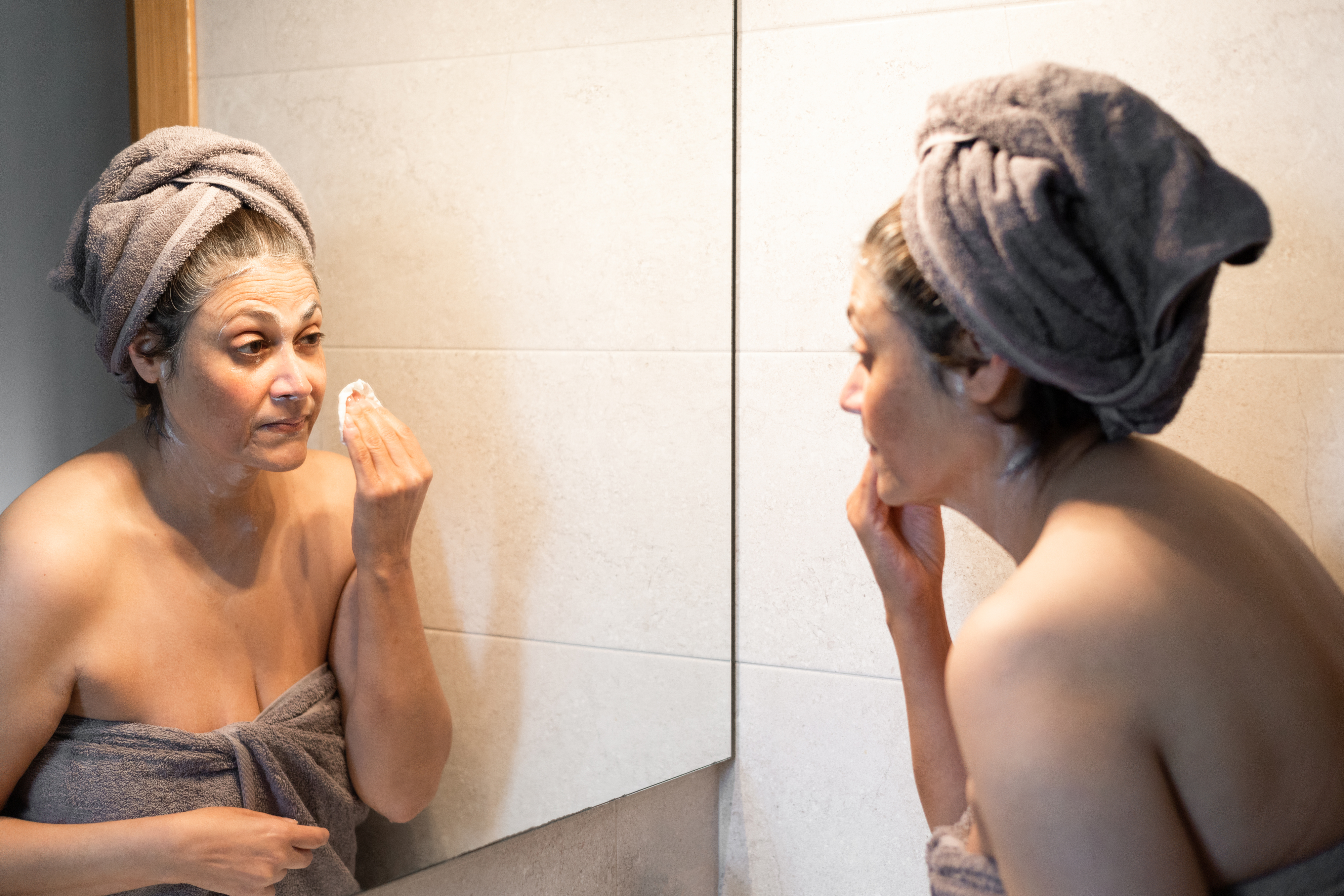
So, regardless of whether you're under or over 35, there is a journey with your skin that you should definitely be embarking on. Between the sun, skin conditions, and irritants everywhere, building a routine to protect your skin from harm is vital. Start with the basic products Dr. Ingleton recommended, find out what does and doesn't work for you, and figure out the best ways to keep your skin healthy.
